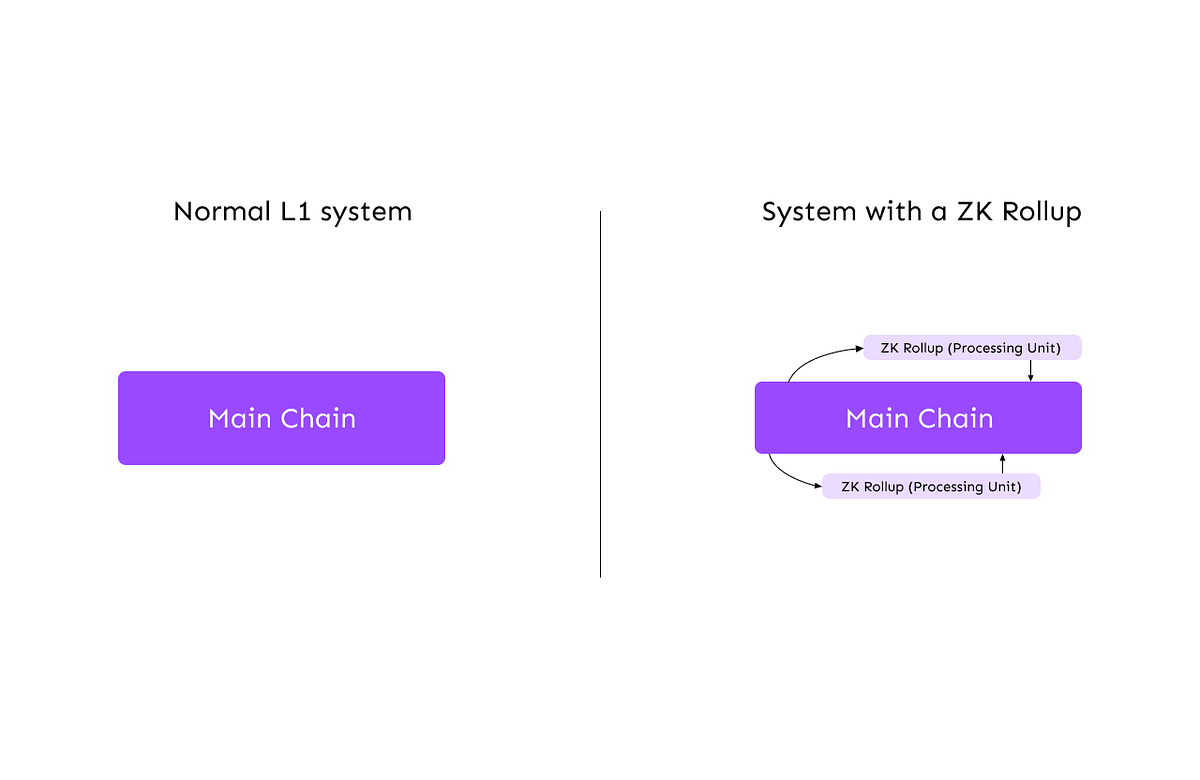The National Curriculum Framework for School Education 2023 (NCF) integrates Vocation Education (VE) in the curriculum of Indian schools. Why? Because for most children, gainful employment after completing school is critical. Also, because even those who don’t need to earn their livelihood immediately after school are better prepared for life with the knowledge and capacities that VE develops.
The NCF must confront three interrelated challenges for this integration. First, the practicality of how this will happen. Second, the societal view of VE being for those who cannot succeed in ‘mainstream’ education. Third, a ‘philosophical bias’ in Indian education against VE, which ranges from indifference to hostility. These are dealt by the NCF with the approach it takes to VE. But first, let’s take up the ‘philosophical bias’, because it is less known.
The consensus among those who have led the intellectual direction of school education has been that schools must aim to develop good human beings, and with that a just and humane society and a vibrant democracy. Irrespective of differences within this consensus—for example, self-actualization versus citizenship—the ‘economic aims’ of education (preparing students for jobs) have systematically been de-prioritized. The assumption has been that all other learning will anyway prepare students for jobs; that VE is the thin end of the wedge for the ‘market’ to control education; and implicitly for many and explicitly for some, VE isn’t cerebral enough. This needs a separate confessional column because I too was guilty.
So, how is VE integrated in the NCF? All students will go through VE from the very beginning of their schooling. In the Foundational and Preparatory Stages (till grade 5), age-appropriate capacities that are the basis of work—for example, safe control over a tool or concentration to see a task through to completion—are to be developed through play and other activities. In the Middle Stage of grades 6-8, exposure to a wide range of work will be given to all students through project-based study, building a foundation for a range of vocations. In grades 9-10, all students will learn a few specific vocations. Throughout the phase of grades 6 to 10, VE will have the same importance as subjects like Mathematics or Science, with equal space on time-tables and appropriate assessments, including board exams in grade 10. In grades 11-12, students can choose to specialize in a vocation or two or none.
Effective VE requires effective education in other subjects: Language, Science, Social Science and Mathematics. Equally, these other subjects are strengthened by their use in VE. Vocational capacities must be deeply integrated with the other skills, knowledge and values that school education develops. For example, critical thinking, communication and learning-to-learn—capacities that overall school education must develop—are equally important in the world of work.
The NCF balances two requirements. While it cannot determine which exact vocations must be taught in a particular school—because there are too many vocations and local considerations—it must provide a framework for all students. It does so by using a typology (‘forms of work’), grouping vocations that have fundamentally common elements and requiring similar capacities and knowledge. This develops a broad base for productive work from grades 3-8, with specialization in grades 9-12. The three categories are: work with life forms, work with materials and machines, and work on providing human services. The choice of specific vocation must be made locally, taking into account the aspirations of students, local relevance and the reality of opportunities (new and emerging vocations).
The NCF’s approach to VE also has a few other important considerations.
Vocations require not only relevant capacities, but also values and knowledge, all of which VE develops. VE must not be conflated with skills training, which is narrower. Capacities are broader, deeper and complex human abilities that many skills can constitute. For example, appropriate irrigation of crops is a capacity that requires the skills of reading slopes, trenching and constructing channels, and understanding how much and when to water.
All students are to be exposed to the entire range of vocations, from the primary sector to various services, not only to create a base for subsequent vocation choices, but also to establish the dignity of all types of work. VE must teach students how to ‘do’ something with their hands and learn to value it.
Millions of our children are already engaged in some kind of work in their homes and communities. Such life experiences are invaluable and can be used as a resource. Existing social inequities must be directly addressed. Schools must not identify types of work by specific communities or gender. Education must be an equalizer, not a reproducer of inequity. And VE must be implementable in the current reality of our schools, using existing resources available in the school and neighbourhood, including by training teachers of other subjects. Good school education must develop good human beings and a good society. Economic well-being is an inextricable part of that. The NCF gives this reality it’s rightful place in schools.
Milestone Alert!Livemint tops charts as the fastest growing news website in the world 🌏 Click here to know more.
Download The Mint News App to get Daily Market Updates.
More
Less
Updated: 09 Nov 2023, 07:45 AM IST
















